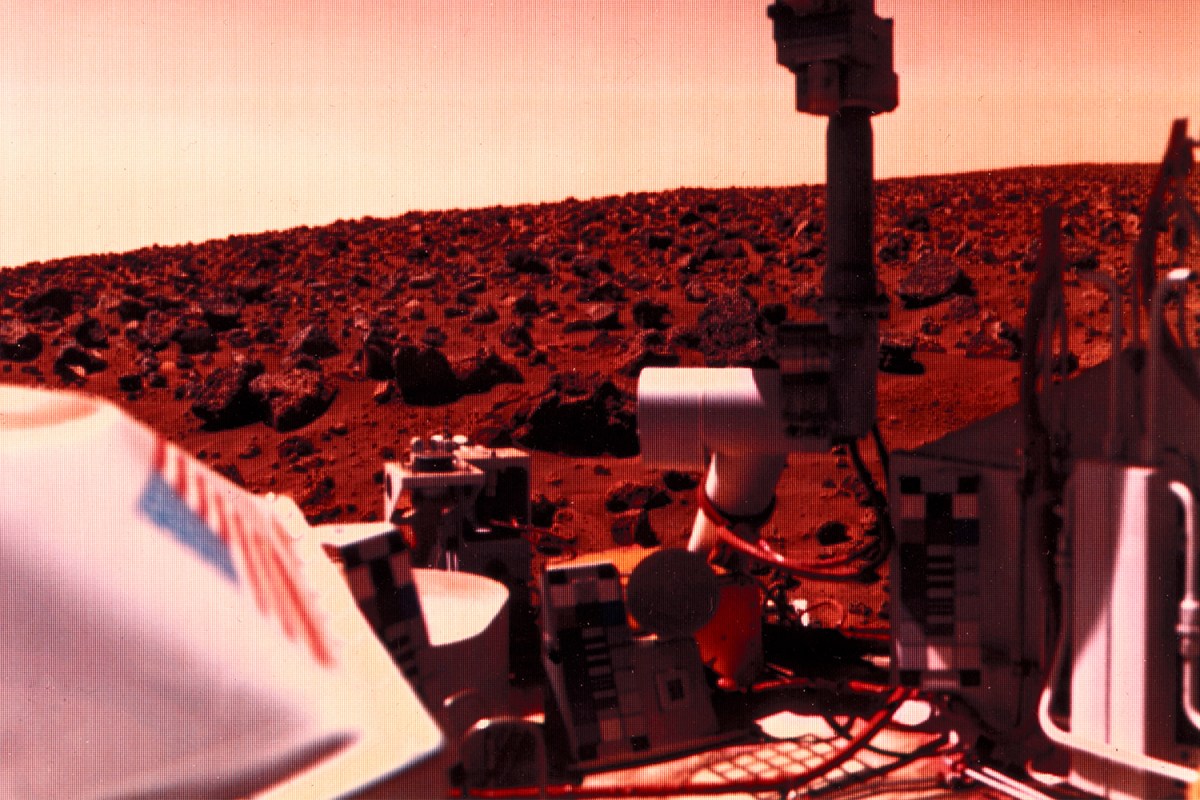Elon Musk wants to go to Mars. Jeff Bezos wants to go to the moon and then to Mars. Despite these radical goals, there’s still so much we don’t know about the red planet. First and foremost, is there life on Mars? The official answer has been no. But former NASA scientist Gilbert Levin says evidence of life has been found — and it happened back in 1976.
In an opinion article in Scientific American, Levin argues that “the Viking LR did find life.” If you’re not familiar with the Viking mission, NASA sent two landers to Mars in 1975 about three weeks apart, and about a year later Viking 1 and Viking 2 landed on the planet. Levin was the principal investigator on a life detection experiment called Labeled Release (LR), and he writes that it produced no less than four positive results.
If that’s the case, why haven’t you heard about this groundbreaking discovery before? As CNN explains, “… other experiments failed to find any organic material and NASA couldn’t duplicate the results in their laboratory — so they dismissed the positive result as false positives, some unknown chemical reaction rather than proof of extraterrestrial life.”
Levin acknowledges this fact, but instead of seeing the false positive argument as a refutation of the LR results, he puts it this way: “What is the evidence against the possibility of life on Mars? The astonishing fact is that there is none.”
NASA isn’t likely to change its mind about life on Mars because a former employee wrote a column, but Levin argues for a way to prove him right or wrong. As he writes, since 1976 “none of NASA’s subsequent Mars landers has carried a life detection instrument,” so naturally “an effort should be made to put life detection experiments on the next Mars mission possible.”
And if NASA doesn’t do it, maybe SpaceX will.
Subscribe here for our free daily newsletter.
Thanks for reading InsideHook. Sign up for our daily newsletter and be in the know.


















